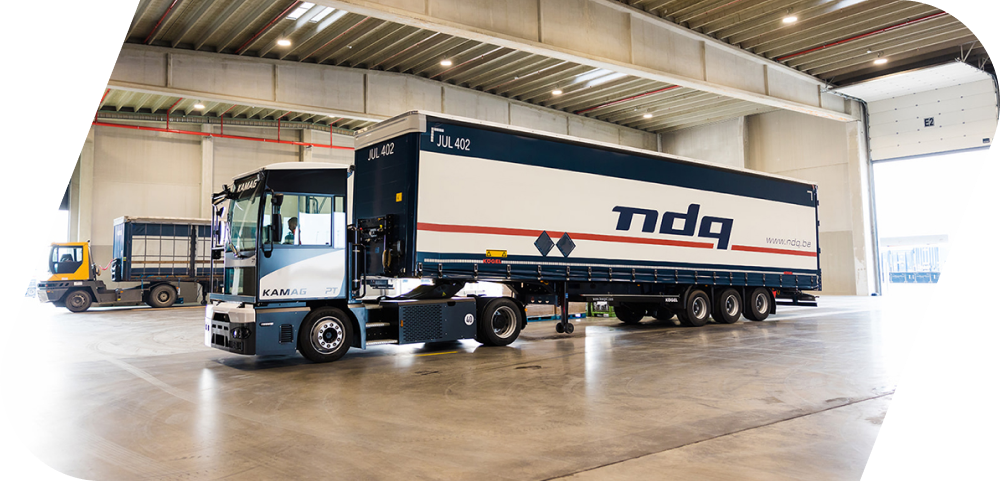SHIPPING GOODS TO THE UK IN A POST-BREXIT ERA: WHAT YOU NEED TO KNOW

ON JANUARY 1ST, 2021, THE UNITED KINGDOM OFFICIALLY EXITED THE EUROPEAN UNION. AS A RESULT, INTERNATIONAL TRADE PATTERNS HAVE CHANGED SIGNIFICANTLY. IF YOU ARE PLANNING TO SHIP GOODS TO THE UK, THERE ARE A FEW THINGS YOU NEED TO BE AWARE OF IN THE POST-BREXIT ERA.
1. Understand the new regulations
Changes have been made to the laws and policies governing the import of products into the UK. Before shipping to the nation, it is important to comprehend these regulations. You can access the government’s guide to importing goods into the UK.
2. Prepare the necessary documentation
One of the biggest changes since Brexit is the requirement for customs declarations. If you are shipping goods from mainland Europe to the United Kingdom, you have to submit an export declaration.
An export declaration includes important details, such as the nature of the goods, their value, and their country of origin. Among the documents you need to have your goods accepted by the UK are a commercial invoice, a packing list, a bill of lading, an insurance certificate, and a certificate of origin.
“SINCE THE UNITED KINGDOM OFFICIALLY EXITED THE EUROPEAN UNION, INTERNATIONAL TRADE PATTERNS HAVE CHANGED SIGNIFICANTLY.”
3. Consider the impact of tariffs and taxes
Since Brexit, the UK has implemented new origin regulations. In order to be eligible for zero tariff, goods have to meet certain requirements, such as being produced in the UK or the EU. If that is not the case, you may be required to pay tariffs.
To find out which tariffs and taxes are levied on your goods, check the tariff schedule supplied by the UK government.
4. Choose reliable partners
A freight forwarder arranges for your goods to travel from their origin to their destination within a certain time frame, while a customs broker is in charge of preparing and clearing a customs entry once your shipment arrives at a port of entry. Hiring a reputable shipping company that can perform both tasks saves you time and reduces logistics costs.
Regardless of the partner you select, make sure they are reliable and familiar with the new regulations, and have experience shipping to the UK.

5. Comply with safety standards
Verify that your logistics partner adheres to all necessary quality and safety
requirements. The BRC Global Standard for Storage and Distribution is one international certification to watch out for, as this standard guarantees that your products are stored and distributed in a manner that complies with safety, quality, and legal guidelines.
The BRCGS Storage and Distribution certification, which is a component of the larger Global Food Safety Initiative (GFSI), outlines requirements regarding senior management commitment, hazard and risk analysis, product safety and quality management system, site and building standards, vehicle operating standards, facility management, good operating practices, and personnel.
Because many of these criteria also apply to other industries, this certification is relevant even if your company is not part of the food industry, but still exports goods not only to the UK, but also to other countries.
“TO GUARANTEE YOUR CARGO ARRIVES SECURELY AND ON TIME, MAKE SURE THAT YOU ARE FAMILIAR WITH THE CURRENT GUIDELINES AND WORK TOGETHER WITH A RELIABLE SHIPPING PARTNER.”
START SHIPPING TO THE UK
Shipping trailers to the UK in a post-Brexit era takes careful planning and
preparation. To guarantee your cargo arrives securely and on time, make sure that you are familiar with the current guidelines and work together with a reliable shipping partner.
With over 100 trailer deliveries every day, NDQ is your one-stop-shop specialist for all your UK consignments. Our experts are available to discuss your specific needs and advise you on the best possible solution.
